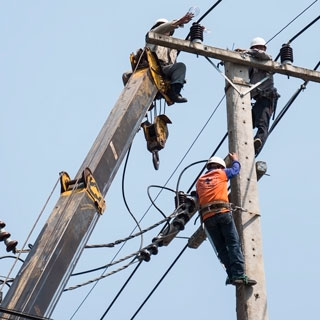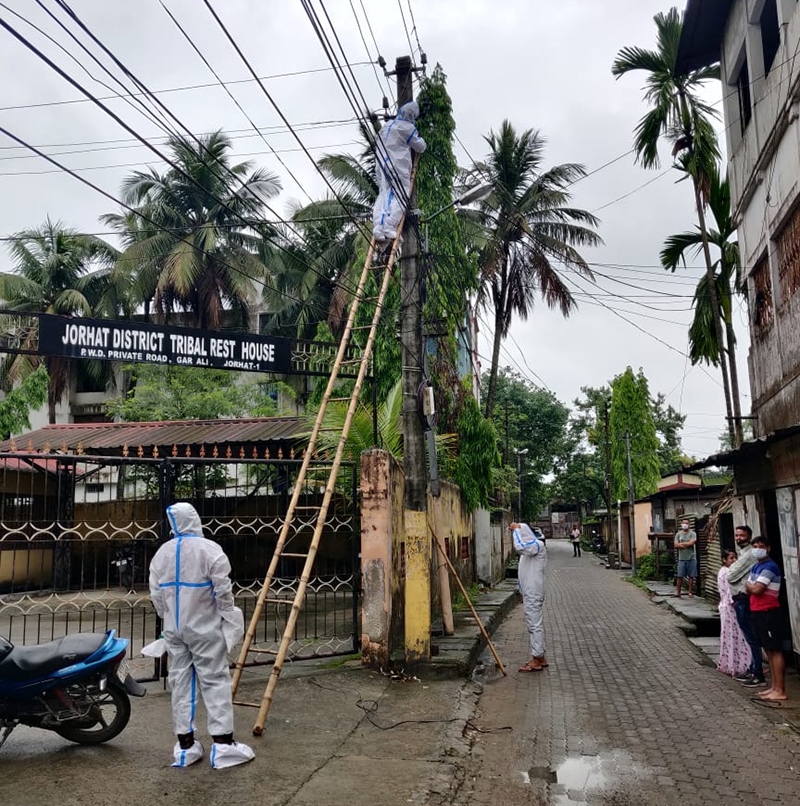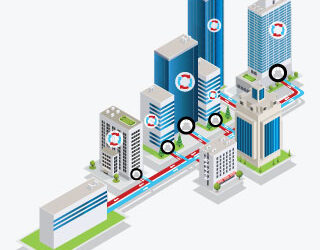Why are power sector employees front line workers?

The Ministry of Power vide letter dated 27th April 2021, requested the Chief Secretaries of the states and union territories to arrange special vaccination drive on priority basis to all those working for power utilities – in generation, transmission and distribution sectors, including those working on contract basis.
This was in response to an appeal made by the All-India Power Engineers Federation (AIPEF), a national-level body representing power engineers, who earlier wrote to the Prime Minister to treat electricity employees as frontline workers amid the pandemic.
Notably, the power sector professionals were not recognized as frontline workers by the Ministry of Health and Family Welfare in the first phase of vaccination drive which commenced in India w.e.f. January 2021. As per guidelines issued by the Ministry, frontline workers are the personnel from state and central police organisation; armed forces; home guards and civil defence volunteers including disaster management volunteers and municipal workers (excluding HCWs), prison staff, revenue officials engaged in containment and surveillance activities.
Literally, front line workers are the employees who provide any essential service or a key public service and cannot function from the totality of indoor safety. They are required to be exempted from the norms of lockdown as they must venture out in the open in order to discharge their duties.
The power sector employees have been working round the clock throughout the pandemic to maintain resilient operations of the electricity systems so as to ensure uninterrupted power supply to the health care facilities, oxygen producing units and all other essential services such as water supply while also enabling millions of people to work from home and avail endless online services.
 DISCOM employees engaged in line maintenance work with PPE suits on in a residential neighbourhood somewhere in India
DISCOM employees engaged in line maintenance work with PPE suits on in a residential neighbourhood somewhere in India
Network maintenance require the power employees to work in close proximity with each other. The metering, billing and collection (MBC) system of most DISCOMs run with manual intervention which means the DISCOM employees have to operate their services with regular public interface. In doing so, many have been infected, some have lost their lives. As per data available with All India Power Engineers Federation, 1,000 power sector employees have succumbed to COVID-19 and more than 15,000 have been infected with the virus till 14th May 2021. Unfortunately, these facts have not yet received any frontpage review in newspapers or discussions in social media.
The shutdown of the industrial and commercial operations due to lockdown have cut off the major revenue streams of the DISCOMs. With most people indoors, the demand of the subsidized consumers has increased manifold while the demand of subsidising consumers has decreased due to reduction in industrial/commercial demand, thereby widening the gap between the average cost of power supply and the revenue realized. Despite these, along with the pre-existing structural challenges, power supply has been available at the consumer ends all through the pandemic.
Electricity is indispensable for our daily sustenance, in catalysing national economy and in combating the pandemic. Any service in any establishment or undertaking dealing with the production, supply or distribution of power is enlisted as essential service under the Essential Services Maintenance Act (ESMA) of India . Given the vital role of the power sector, coupled with the critical nature of its operation, it is stupefying that the employees associated with this sector are still not recognized as frontline workers in our country.
Priyami Dutta is a Senior Research Associate at Alliance for an Energy Efficient Economy. She is currently working in the State and Local Actions Team and supporting the execution of State Energy Efficiency Index 2020.




